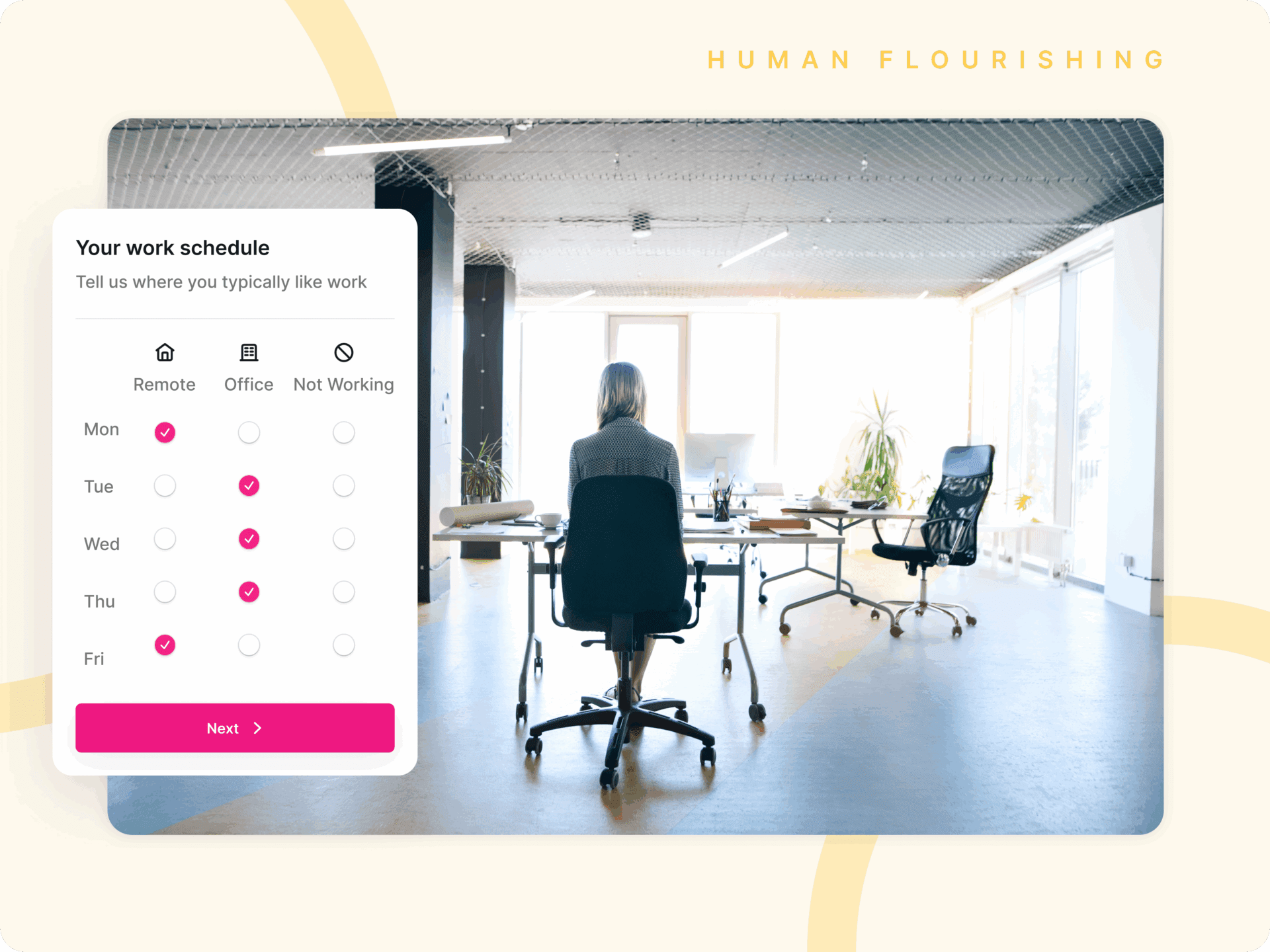For over three decades, I’ve been exploring and advocating for smarter, more flexible ways of working.
As the founding editor of Flexibility and author of the Smart Working Handbook, I help organizations embrace a more strategic approach to modernizing their working practices.
Smart Working isn’t just about choosing where to work. It’s a holistic method that encompasses how we work, the tools we use, and the cultures we cultivate. It’s about making work more adaptable, inclusive, and aligned with both our personal and organizational goals.
A Shift Towards Flexible Work Environments
I’ve distilled the essence of flexible work into a list of core principles, which can help your organisation move to Smart Working. Let’s delve into five that are particularly important as we shift towards more flexible work environments:
- Flexibility, mobility, and virtuality as norms: In a world where work is no longer confined to the office, embracing these aspects as standard practice is crucial. This approach allows organizations to adapt swiftly to changing circumstances and empowers employees to work efficiently from anywhere.
- Employee choice, subject to business considerations: Granting employees the autonomy to choose their work environment builds a culture of trust and empowerment. This principle is key to attracting and retaining talent in an era where flexibility is highly valued.
- Effective and appropriate use of technology: Adopting the right technology is instrumental to Smart Working. It enables seamless communication, collaboration, and productivity, regardless of physical location. Tools should be both user-friendly and capable of supporting diverse work modes.
- Focus on results, not presence: Shifting the emphasis from where work is done to what is achieved encourages a more results-oriented culture. This principle champions productivity and efficiency over traditional measures of work, like time spent in the office.
- Positive impact on the ‘triple bottom line’: Smart Working is not just about business efficiency; it also considers the well-being of individuals and the planet. It encourages work practices that are sustainable and contribute positively to society and the environment.
My Smart Working handbook outlines 14 principles in total – discover more here.
The Future Of Smart Working
Smart Working is more than just a set of guidelines — it’s a movement towards a future where work is not just a place you go, but a dynamic and meaningful experience. It’s about crafting a world of work that’s not only more adaptive and inclusive, but one that thrives on innovation and sustainability.
Together, let’s step into this future, creating workspaces and practices that resonate with the needs of the modern world. Let’s build organizations where creativity flourishes, where work-life balance is a reality, and where we all contribute to a greener, more sustainable future.
The journey of Smart Working is just beginning, and the possibilities are limitless.




